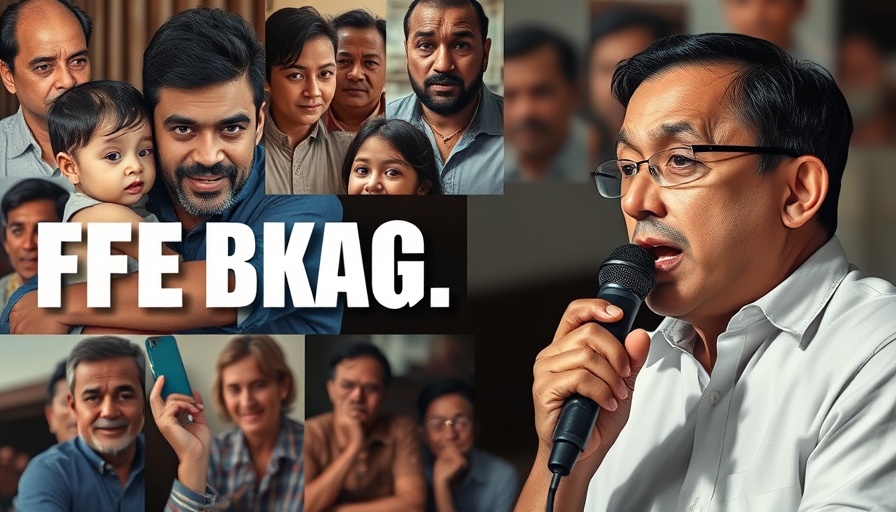
Understanding Gender Roles: A Fresh Perspective
The recent discussion featuring Andrew Wilson on "Louder with Crowder" dives deep into the complexities surrounding gender roles, feminism, and the idea that men and women should be held to different standards. Wilson, a Christian ethicist and political commentator, asserts that there is a growing disconnect between the duties expected of men and those of women, urging society to reconsider what responsibilities come with each gender. He emphasizes that while men are frequently assigned roles as protectors and providers, the same clarity in duties for women is often overlooked.
In 'Andrew Wilson Solves Feminism, Unpacks the Red Pill & Defines Gender Roles,' the discussion dives into vital questions about gender roles, fostering an intriguing conversation that we felt compelled to expand upon.
The Rise of Red Pill Ideology
As conversations about gender roles evolve, many find themselves exploring the "red pill" ideology. Wilson characterizes the red pill not as a prescriptive ideology but as a collection of descriptors that reflect reality. He highlights the importance of distinguishing between recognizing societal problems and the prescriptions that some men’s groups advocate. The red pill ideology often ventures into controversial territory, where some argue it simplifies complex issues into a binary discussion, usually between men and women.
Defining Women’s Responsibilities: A Call for Clarity
Wilson's inquiries draw attention to the critical question: what are the duties of women in today's society? His arguments suggest that it’s not merely about equal rights but also about defining societal responsibilities. The conversation challenges current feminist narratives that sidestep this vital question. For some, this view is deeply unsettling; they may argue that assigning duties to women sounds outdated or offensive. Yet, Wilson posits that clarity in these roles could actually bolster family structures and societal stability.
Impact on Society’s Fabric
There’s a collective realization that a decline in marriage rates and family units poses a long-term threat to societal health. Wilson argues that men are checking out of marriage prospects, not because they lack interest in relationships, but due to an unbalanced expectation of compromise. He believes addressing these gender roles can uplift relationships and encourage a healthier dynamic between sexes.
As we unpack these layered discussions around roles and responsibilities in today's context, it becomes essential to reflect on what it means for the future. In a rapidly changing society, will we redefine roles to foster harmony, or will outdated perceptions continue to stymie progress? The answer may rest heavily on the willingness to address these nuanced and often difficult questions, providing clarity and promoting a robust dialogue between genders.
 Add Row
Add Row  Add
Add 




Write A Comment